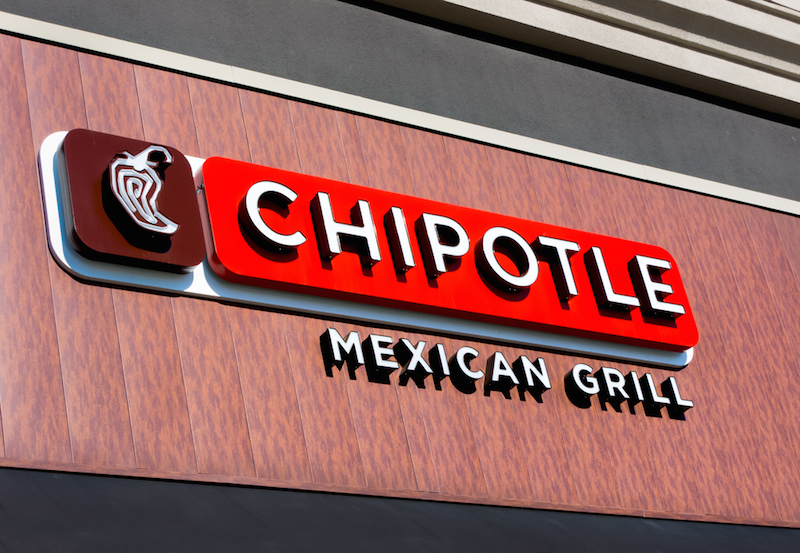
The Chipotle Outbreak That Sickened Nearly 650 People Was Caused by This Bacteria

Get the world’s most fascinating discoveries delivered straight to your inbox.
You are now subscribed
Your newsletter sign-up was successful
Want to add more newsletters?

Delivered Daily
Daily Newsletter
Sign up for the latest discoveries, groundbreaking research and fascinating breakthroughs that impact you and the wider world direct to your inbox.

Once a week
Life's Little Mysteries
Feed your curiosity with an exclusive mystery every week, solved with science and delivered direct to your inbox before it's seen anywhere else.

Once a week
How It Works
Sign up to our free science & technology newsletter for your weekly fix of fascinating articles, quick quizzes, amazing images, and more

Delivered daily
Space.com Newsletter
Breaking space news, the latest updates on rocket launches, skywatching events and more!

Once a month
Watch This Space
Sign up to our monthly entertainment newsletter to keep up with all our coverage of the latest sci-fi and space movies, tv shows, games and books.

Once a week
Night Sky This Week
Discover this week's must-see night sky events, moon phases, and stunning astrophotos. Sign up for our skywatching newsletter and explore the universe with us!
Join the club
Get full access to premium articles, exclusive features and a growing list of member rewards.
The source of the outbreak that sickened nearly 650 people at a Chipotle in Ohio last month has been identified.
Stool samples taken from sick customers tested positive for Clostridium perfringens, a bacterium that can cause food poisoning when food is stored at unsafe temperatures, according to the Delaware General Health District, the public health department in Delaware, Ohio.
Although cooking kills C. perfringens cells, it doesn't necessarily kill bacterial spores that can grow into new cells, according to the U.S. Department of Health & Human Services (HHS). That means that if food is left sitting out for too long, or it's not refrigerated, the spores can grow and produce new cells, which may lead to illness when the food is eaten. Indeed, C. perfringens bacteria thrive in temperatures between 40 to 140 degrees Fahrenheit (4 to 60 degrees Celsius), a range that's often called the "danger zone," because it's not too hot, or too cold, for bacteria to grow. [Top 7 Germs in Food that Make You Sick]
C. perfringens illnesses often occur when foods are prepared in large amounts, and are then kept warm for a long time before serving, HHS said.
In Ohio, health officials identified 647 people who got sick after eating at a Chipotle in the city of Powell between July 26 and July 30. Customers reported symptoms such as vomiting, diarrhea and stomach pains, according to Business Insider.
An inspection of the restaurant found that some foods were not being kept at proper temperatures. For example, beans were not held at a warm enough temperature, and lettuce was not properly cooled, Business Insider reported.
In response to the outbreak, Chipotle leadership "will be retraining all restaurant employees nationwide beginning next week on food safety and wellness protocols," Brian Niccol, CEO of Chipotle, said in a statement. "To ensure consistent food safety execution, we will be adding to our daily food safety routines a recurring 'employee knowledge assessment' of our rigorous food safety standards."
Get the world’s most fascinating discoveries delivered straight to your inbox.
Original article on Live Science.

Rachael is a Live Science contributor, and was a former channel editor and senior writer for Live Science between 2010 and 2022. She has a master's degree in journalism from New York University's Science, Health and Environmental Reporting Program. She also holds a B.S. in molecular biology and an M.S. in biology from the University of California, San Diego. Her work has appeared in Scienceline, The Washington Post and Scientific American.
 Live Science Plus
Live Science Plus










